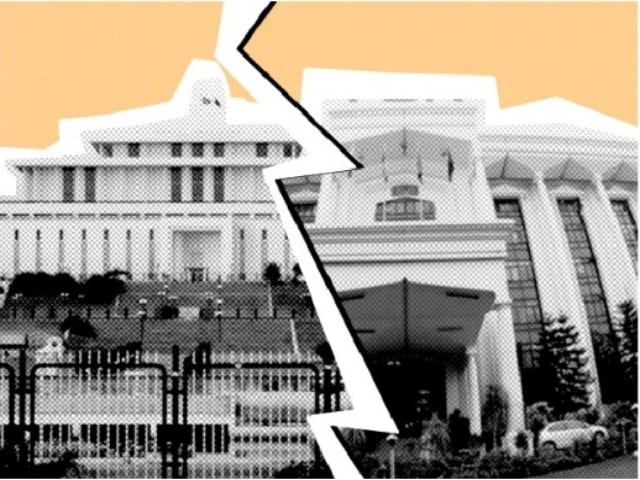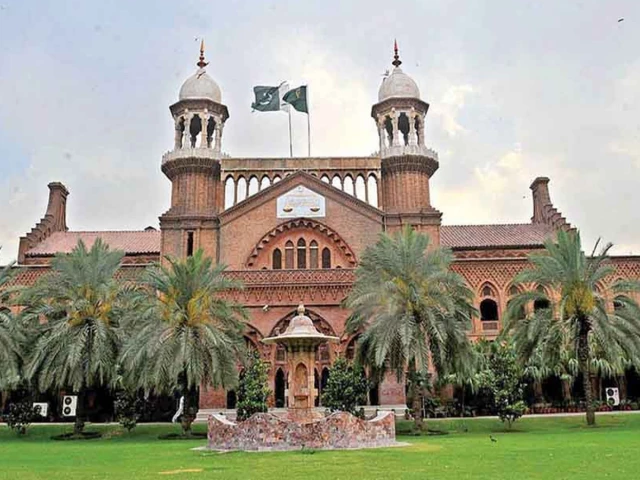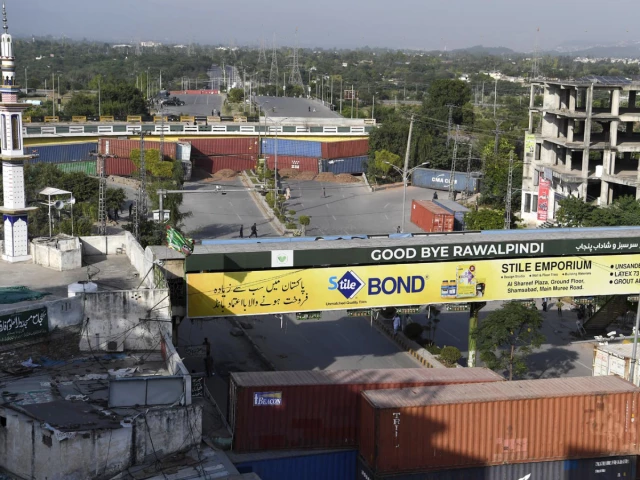Understanding the Legal Tug-of-War Between Pakistan’s President and the FBR
In a recent twist in Pakistan’s political and legal landscape, an intriguing case has unveiled some surprising tensions between the President’s Office and the Federal Board of Revenue (FBR). The crux of the matter revolves around a tax issue involving MH Traders, which has sparked debates about authority and jurisdiction.
So, what’s going on? The President of Pakistan issued an order to grant relief to MH Traders concerning the misclassification of imported goods. While the FBR declared the goods as polyester fabric, the importer insisted they were artificial leather meant for football manufacturing. Sounds straightforward, right? However, the FBR challenged this decision in court, claiming that the President’s order overstepped legal boundaries. This has raised a significant question—can the President’s orders be challenged in court?
Director General Legal at the President’s Secretariat, Zia Basit, emphasized that the President’s orders are absolute and cannot be contested by any agency. Yet, the FBR asserts it’s not challenging the President personally; rather, it’s exercising its quasi-judicial powers as an appellate authority.
This back-and-forth has led to significant confusion and highlights the complex dynamics of Pakistan’s legal system. Senator Saleem Mandviwalla, who heads the Senate Standing Committee on Finance, took a keen interest in this matter, urging clarity and adherence to the law.
As the FBR and the President’s Office square off, the implications for how tax appeals and related issues are handled in Pakistan could be massive. If the FBR’s stance is upheld, it might encourage importers to bypass traditional routes and directly appeal to the President. This would, understandably, complicate matters for the FBR, leading to enforcement challenges across the nation.
The legal framework that governs such appeals was crystallized in amendments and instructions that appeared to favor upholding presidential orders. Yet the question remains: how will this impacting future legislative or judicial processes?
This situation serves as a striking reminder of the importance of clarity and communication within institutions. As the committee continues to deliberate on the matter, it will be fascinating to watch how this unfolds and what precedents it might set for the future.
For those interested in keeping up with these developments and understanding how they may impact you or your business, consider diving deeper into the nuances of Pakistan’s taxation system and governance. Pro21st offers valuable insights and discussions that can help you stay informed and engaged with these crucial topics.
At Pro21st, we believe in sharing updates that matter.
Stay connected for more real conversations, fresh insights, and 21st-century perspectives.





